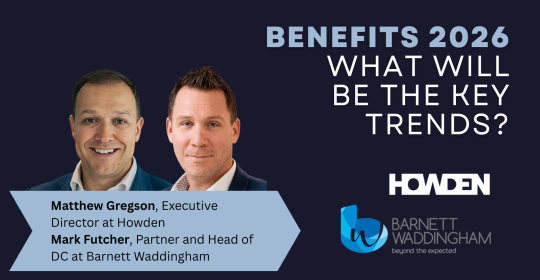Let’s put one myth to rest, if indeed anyone really believed it. Of course we’re motivated by money. Many of us - perhaps most of us - get great satisfaction from our jobs. But would we turn up every day if we didn’t need the money to pay the mortgage? The question is not “Is money an incentive?”. The question is, “How long can money continue to act as an incentive?”.
We asked 300 HR leaders “What is the purpose of performance management at your organisation?” and “What should the purpose of performance management be at your organisation?”. The number changed very little from one to the other: just short of one in five people named “Pay and ratings” as the answer to both questions. It may not be the most pressing issue on HR’s radar, but it’s one that isn’t going away. At the same time, we have 90.3% of HR people telling us that they link performance directly to pay: either individual performance, team performance or a mixture of both.
The arguments around decoupling pay from performance have been around for some time, but it’s worth going over them quickly here. If the employee feels that their livelihood is dependent on the outcome of a performance conversation, it will inhibit their responses. They’ll naturally seek to downplay their areas for improvement and skip over their development needs. They’ll find it more difficult to be open and honest with their manager. And they won’t push themselves to be better: if your bonus is dependent on you hitting your goal, that doesn’t incentivise you to set challenging targets.
What actually satisfies us at work? What, in our working experience, keeps us engaged and invested? If you really want to worry about this, think about it in the context of the so-called “war for talent”. It’s becoming harder and harder to hire the right people with the right skills. The pool of resources is shrinking, and will continue to do so as Western birth rates fall and developed economies see a shift to generally older populations. There will not be an endless production line of highly educated young people forcing their way into the workplace. The logical outcome is more job openings fighting for fewer quality candidates. We have to do better with what we have.
So what do people want from their working lives? What factor, or combination of factors, is the killer app that will help you retain the best people and see a happier, more engaged team pushing productivity through the roof? Better coffee? Bring your dog to work days? Creche facilities? Organic fruit?
No. They want their job to be better.
It sounds a little prosaic and almost too sensible to be true, but the research seems to bear it out. The recent PwC study “Making executive pay work” found that, on average, American executives would be willing to take a 35% pay cut for their “ideal job”. The 2011 book “The Progress Principle” argued that the feeling of making progress - of getting things done to your and your manager’s satisfaction - is the number one driver of engagement. If you want people to be happier in their job, make their job better. Get rid of the barriers. Give them good quality technological tools to help them do more. Make their goals clear and celebrate their contribution to the wider organisation.
Which is all very well, but where does this leave pay, and how does it inform our decisions on how to incentivise our people?
When we were first starting out with Clear Review, we saw a talk from an executive at General Electric (GE). GE had ditched ratings when they’d made the move to continuous performance management and made the big decision to separate pay from the performance management process. They’d been listening to managers who complained that they could lead on 7-figure procurement contracts but couldn’t sign off on a 3% pay rise for their own teams. GE’s solution was to give each team manager a reward pot to allocate at their own discretion, supported by the clarity and visibility they had from the continuous performance management process.
Alongside this, though, was some genuinely inspirational thinking on all the other ways to motivate people. Think of how you could reward your team in a way that improves their working lives and boosts their engagement. More autonomy? A leadership role on a project? Managing a budget? This is both reward and training in the flow of work: the chance to set someone challenges that will improve their effectiveness, boost their career and (yes, obviously) eventually lead to a reward more in line with their importance to the organisation. But the pay rise isn’t the point: it’s about developing people in a way that benefits both them and their employer.
We’re not saying money is irrelevant. We’re simply saying that money isn’t everything: that basic behaviourist principles - do task, get reward, repeat - are not sustainable against the backdrop of performance development in the workplace. People want more. It won’t be long before people expect more. And this isn’t about a warm fuzzy feeling and a 1.2% uplift in your next employee engagement survey. These are commercial considerations based around developing good people into great people, retaining your top talent and seeing a more engaged team perform to a higher standard. Your people are thinking about these things, whether you are or not.
Stuart Hearn is the founder and CEO of Clear Review. Clear Review’s new research, the UK Performance Management Report 2019, is a comprehensive look at the state of the PM world from the perspectives of HR leaders, managers and employees. It’s available to download now.






